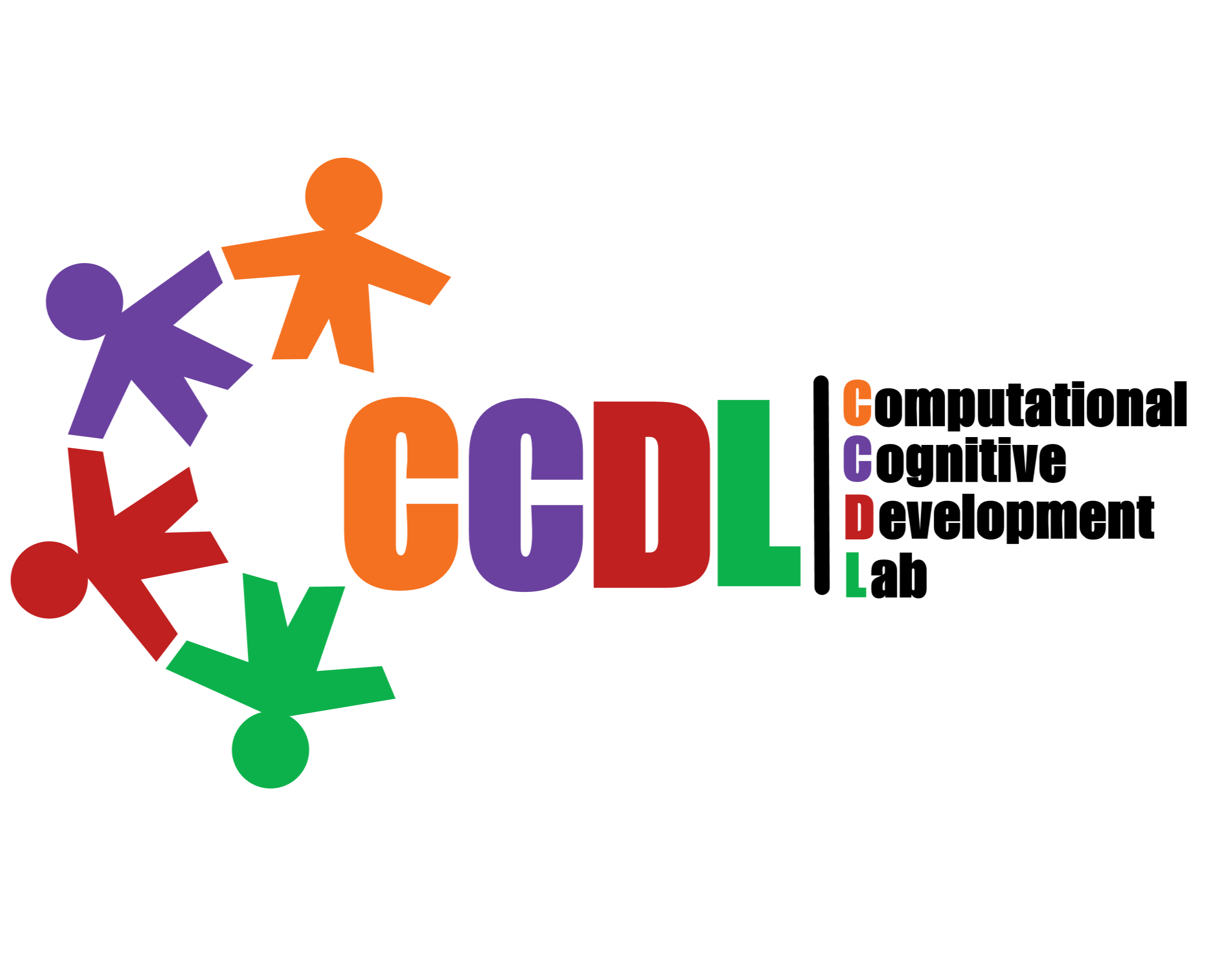‡ denotes trainees.
Benton, D. T. (2024). An associative-learning account of how infants learn about causal action in animates and inanimates: A critical reexamination of four classic studies. Journal of Experimental Psychology: General.
Beaton, R.M.‡, & Benton, D.T. (2024). “Dancing on the ceiling”: The role of different forms of thinking on retrospective reevaluation in children. In Proceedings of the Annual Meeting of the Cognitive Science Society (Vol. 46).
Benton, D.T., Kamper, D., Beaton, R.M.‡, & Sobel, D.M. (2023). Don’t throw the associative baby out with the Bayesian bathwater: Children are more associative when reasoning retrospectively under information processing demands. Developmental Science, e13464.
Benton, D.T., & Rakison, D.H. (2023). Associative learning or Bayesian inference? Revisiting backwards blocking reasoning in adults. Cognition, 241, 1-11.
Benton, D. T. (2023). How infants learn about people and object causal action: An associative account. In Proceedings of the Annual Meeting of the Cognitive Science Society (Vol. 45, No. 45).
Benton, D.T. (2022A). The Elusive “Developmental Mechanism”: What they are and how to study and test them. Developmental Review.
Benton, D.T. (2022B). “But what is the mechanism?”: Demystifying mechanisms of developmental change. Infant and Child Development.
Sobel, D.M., Benton, D.T., Finiasz, Z., Taylor, Y., & Weisberg, D. (2022). Children’s play is influenced by the efficacy of their first action, but their learning is influenced by their play. Journal Of Experimental Child Psychology.
Benton, D.T., & Lapan, C. (2022). Moral masters or moral apprentices? A connectionist account of sociomoral evaluation in preverbal infants. Cognitive Development, 62, 101164.
Benton, D.T., Rakison, D. H., & Sobel, D. M. (2021). When correlation equals causation: A behavioral and computational account of second-order correlation learning in children. Journal of Experimental Child Psychology, 202, 105008.
Benton, D.T., & Sobel, D.M. (2021) Do children think Alea Iacta Est?: Developing concepts of uncertainty in causal reasoning. Palgrave Macmillan.
Haber, A. S., Leech, K. A., Benton, D.T., Dashoush, N., & Corriveau, K. H. (2021). Questions and explanations in the classroom: Examining variation in early childhood teachers’ responses to children’s scientific questions. Early Childhood Research Quarterly, 57, 121-132.
Rakison, D.H., & Benton, D.T. (2019). Second-order correlation learning of dynamic stimuli: evidence from infants and computational modeling. Infancy.
Benton, D.T., & Rakison, D.H. (2016). Causal Reasoning in Infants and Adults: Revisiting backwards-blocking. Proceedings of the Annual Conference of the Cognitive Society, 38, pp. 830-835.
Rakison, D.H., Benton, D.T., & Dinh, P.N. (2019). Infant Categorization. In: Janette B Benson and Marshall M Haith (Eds.) Encyclopedia of Infant and Early Childhood Development, 2nd edition, Elsevier.
Benton, D.T., & Rakison, D.H. (2018). Computational modeling and what it can tell you about behavior. The Sage Encyclopedia of Lifespan Human Development.
Rakison, D.H., & Benton, D.T. (2018). Developmental Timetables. The Sage Encyclopedia of Lifespan Human Development.
Benton, D.T. (submitted). An associative learning account of how infants learn about people and object causal action: A re-examination of 4 seminal studies
Benton, D.T. (under review). Benton, D.T. (in prep). A mechanism of change for discovering causal relations: The development of second-order correlations learning in young children
